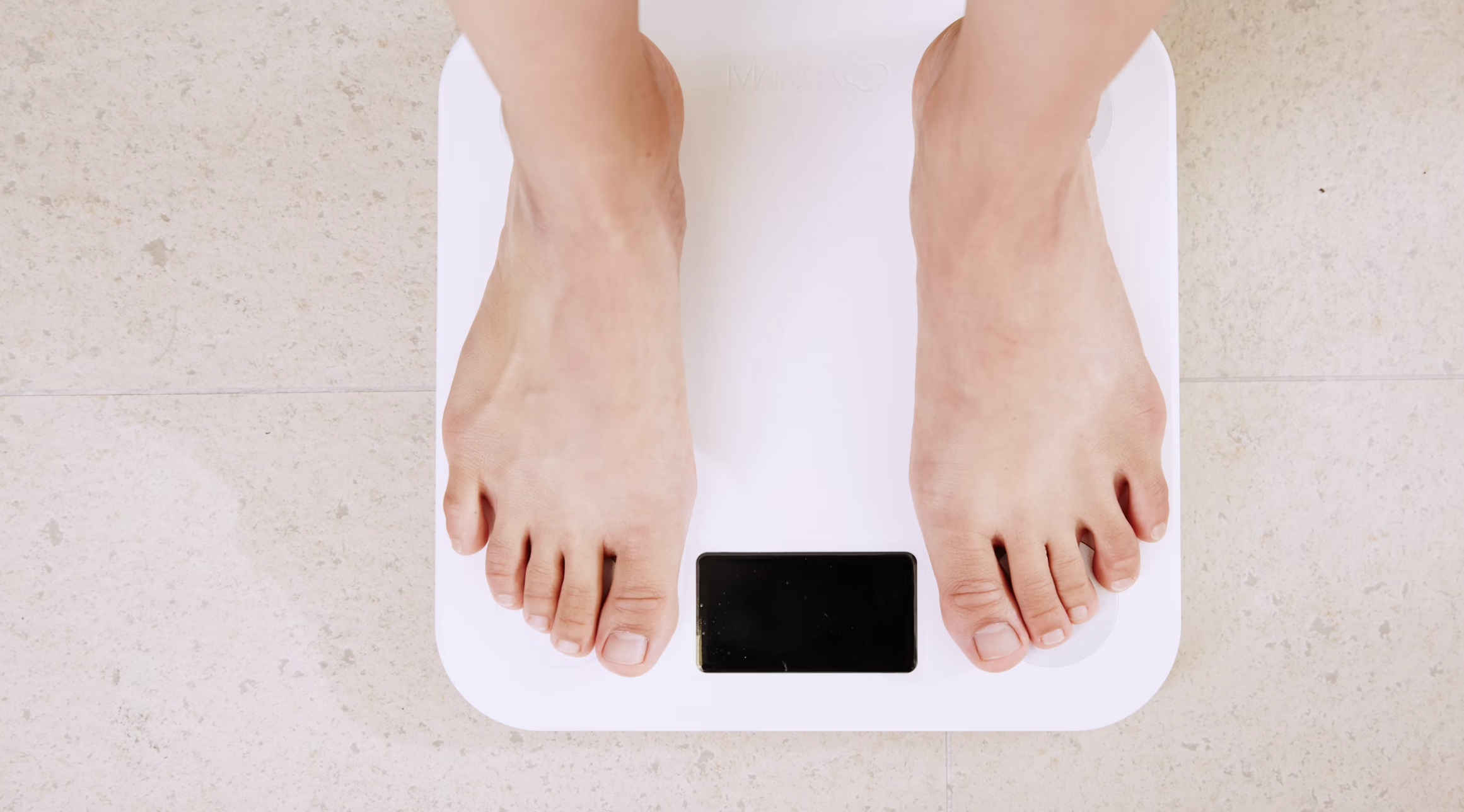The Role of Dietitians in Supporting GLP-1 Weight Loss Therapy
In recent years, weight management has become one of the most talked-about topics in healthcare and wellness. With obesity and related conditions like type 2 diabetes continuing to rise worldwide, many people are turning to new tools that make weight loss more achievable. Among these, GLP-1 medications such as semaglutide and liraglutide have gained rapid attention for their effectiveness in reducing appetite and supporting weight loss.
While these medications can be highly effective, they are not magic solutions. Long-term results depend on sustainable lifestyle changes, especially nutrition. This is where dietitians play a crucial role. By offering evidence-based guidance, meal planning strategies, and behavior support, dietitians help clients not only maximize the benefits of GLP-1 therapy but also build habits that last well beyond the medication.
What Are GLP-1 Medications and How Do They Work?
GLP-1 stands for glucagon-like peptide-1, a hormone that plays a role in blood sugar regulation and appetite control. GLP-1 receptor agonists mimic this hormone, slowing digestion and signaling satiety to the brain.
Key effects include:
Feeling full sooner and for longer periods.
Reduced cravings and fewer urges to snack.
Lower blood sugar spikes after meals.
These medications were first developed for diabetes management, but their weight-loss benefits quickly became apparent. Today, GLP-1 medications are prescribed not only to people with type 2 diabetes but also to individuals struggling with obesity or weight-related health issues.
However, GLP-1 medications are not a standalone solution. Without proper nutrition and lifestyle support, patients may experience nutrient deficiencies, muscle loss, or weight regain after stopping medication.
Why Nutrition Guidance Is Essential With GLP-1 Therapy
It may seem straightforward: if a medication helps reduce hunger, shouldn’t weight loss be automatic? The reality is more complex. GLP-1s change how the body processes food, and without thoughtful nutrition, individuals may face challenges such as:
Side Effects: Nausea, constipation, or digestive discomfort are common. The right food choices can ease these symptoms significantly.
Nutrient Gaps: Eating less volume can mean not getting enough protein, fiber, vitamins, and minerals.
Loss of Lean Muscle: Reduced protein intake combined with rapid weight loss can lead to muscle breakdown.
Energy Fluctuations: Undereating or poor nutrient balance may cause fatigue, dizziness, or sluggishness.
Rebound Weight Gain: Without building lasting eating habits, many people regain lost weight after discontinuing GLP-1 therapy.
This is where dietitians make the difference. They ensure that reduced appetite doesn’t compromise overall nutrition or long-term success.
How Dietitians Support Patients on GLP-1 Therapy
1. Personalized Meal Planning
Every person’s health history, goals, and preferences are unique. Dietitians create customized meal plans that align with GLP-1 therapy, ensuring clients eat enough protein, fiber, and essential nutrients while still honoring cultural food preferences and lifestyle factors.
For example, someone working long shifts in Las Vegas casinos may need quick, portable meals, while another client might prefer home-cooked dinners with family. A dietitian adjusts recommendations accordingly.
2. Managing Side Effects
One of the most common concerns with GLP-1 therapy is nausea and digestive discomfort. A dietitian can recommend practical strategies such as:
Eating smaller, more frequent meals.
Choosing bland foods (like bananas, rice, or oatmeal) during nausea flare-ups.
Increasing fiber gradually to avoid bloating or constipation.
Hydrating strategically throughout the day.
These small adjustments can make the difference between struggling with side effects and staying consistent with treatment.
3. Preventing Nutrient Deficiencies
Because appetite decreases, many GLP-1 users unintentionally undereat. This can lead to protein and micronutrient deficiencies that impact muscle mass, energy, and immunity.
A dietitian ensures that even with smaller portions, meals remain nutrient-dense. For example:
Encouraging lean protein sources at every meal (chicken, fish, tofu, eggs, Greek yogurt).
Incorporating high-fiber foods like vegetables, beans, and whole grains.
Monitoring vitamin and mineral intake, especially B12, iron, and calcium.
This level of detail helps patients feel strong and energized rather than weak or depleted.
4. Supporting Behavior Change
Weight loss is never just about food, it’s about habits, emotions, and mindset. Dietitians provide behavioral counseling that empowers clients to:
Practice mindful eating instead of emotional eating.
Develop a positive relationship with food.
Overcome “all-or-nothing” thinking around diets.
Set realistic, achievable goals.
This type of support helps clients feel confident and in control, not dependent on medication alone.
5. Integrating Lifestyle Habits
Long-term success with GLP-1 therapy also depends on lifestyle beyond the plate. Dietitians incorporate:
Exercise recommendations to preserve muscle mass and boost metabolism.
Stress management techniques to reduce cortisol-driven cravings.
Sleep hygiene strategies to support energy and appetite regulation.
By looking at the bigger picture, dietitians help patients create a well-rounded health plan.
The Long-Term Benefits of Working With a Dietitian
Partnering with a dietitian while on GLP-1 therapy provides immediate and lasting advantages:
Sustained Weight Loss: Clients learn habits that continue even after medication use stops.
Better Health Markers: Improved blood sugar, cholesterol, and blood pressure.
Confidence Around Food: Clients gain skills to enjoy food without guilt or restriction.
Reduced Risk of Relapse: Nutrition knowledge helps prevent yo-yo dieting or rebound weight gain.
Holistic Health Improvements: Better digestion, energy, mood, and quality of life.
In essence, GLP-1 therapy may start the process, but dietitian support sustains and amplifies it.
Real-World Example: Dietitian Support in Las Vegas
For individuals seeking GLP-1 support, practices like All You Can Eat Nutrition in Las Vegas offer a model of how dietitians can provide tailored care. Led by registered dietitian Moge Zhang, the practice specializes in weight management, diabetes care, digestive health, and hormonal balance.
By combining medical nutrition therapy with practical lifestyle coaching, dietitians like Zhang empower clients to thrive on GLP-1 therapy while building healthier long-term habits. With both in-person sessions in Las Vegas and telehealth options nationwide, support is accessible no matter where clients are located.
How to Find the Right Dietitian for GLP-1 Support
If you’re considering GLP-1 therapy or already taking it, here are tips for finding the right professional partner:
Look for Credentials: Choose a registered dietitian (RD or RDN) with experience in weight management.
Check Insurance Coverage: Many dietitians accept major providers, making care more affordable.
Ask About Experience With GLP-1s: Look for someone who understands the unique nutritional challenges of these medications.
Consider Telehealth Options: Online sessions expand access beyond your immediate city.
Find a Good Fit: Beyond credentials, make sure the dietitian’s philosophy aligns with your goals and values.
Conclusion
GLP-1 medications are powerful tools in the fight against obesity and type 2 diabetes, but they’re not a one-stop solution. For true, lasting results, nutrition and lifestyle support are essential.
Dietitians like All You Can Eat Nutrition provide the expertise and guidance needed to prevent nutrient deficiencies, manage side effects, and build sustainable habits that lead to long-term success.
If you’re exploring GLP-1 therapy, consider partnering with a dietitian who can walk with you every step of the way. With professional support, you can transform not only your weight but also your health, confidence, and quality of life.



